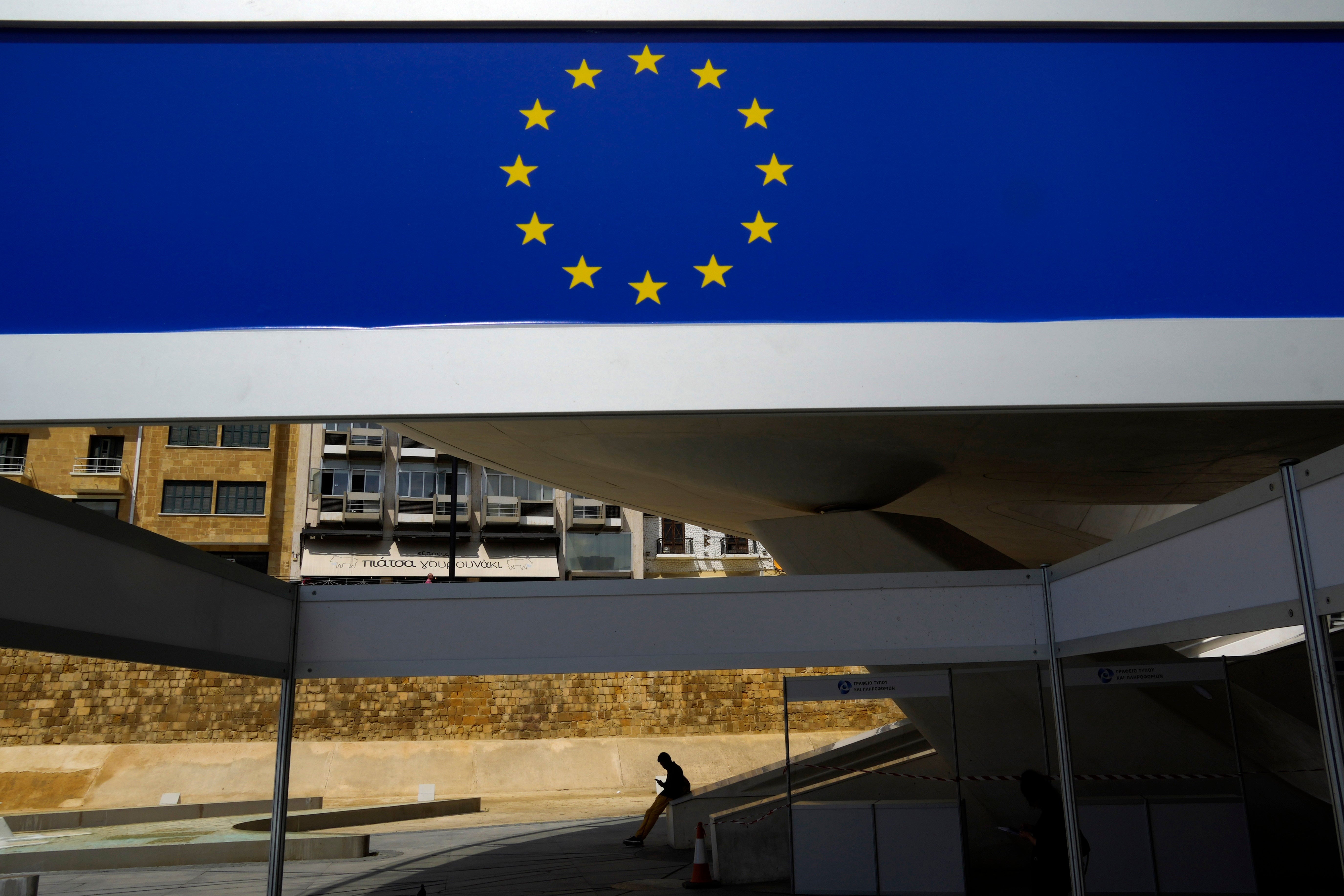EU lawmakers will decide on migration law overhaul, hoping to deprive the far-right of votes
Lawmakers are to vote on a major revamp of the European Union’s migration laws

Lawmakers are to vote later Wednesday on a major revamp of the European Union’s migration laws, aiming to end years of division over how to manage the entry of thousands of people without authorization and deprive the far-right of a vote-winning campaign issue ahead of June elections.
Members of the European Parliament will vote on 10 reform topics that make up the Pact on Migration and Asylum. The regulations and policies lay out who should take responsibility for migrants when they arrive and whether other EU member states should be obliged to help.
The plan was drawn up after 1.3 million people, mostly those fleeing war in Syria and Iraq, sought refuge in Europe in 2015. The 27-nation bloc’s asylum system collapsed, reception centers were overwhelmed in Greece and Italy, and countries further north built barriers to stop people entering.
But few say they're happy with the new policy response to one of Europe’s biggest political crises, and even the lawmakers who drafted parts of the new regulations are not willing to support the entire reform package.
“I’m not going to open a bottle of champagne after this,” Dutch lawmaker Sophie i’nt Veld, who drew up the assembly’s position on migrant reception conditions, told reporters on the eve of the plenary session in Brussels. She plans to abstain from some of the 10 votes.
In’t Veld described the pact as “the bare minimum” in terms of a policy response, but she does not want to torpedo it by voting against. “We will not have another opportunity to come to an agreement,” she said.
Swedish parliamentarian Malin Bjork, who worked on refugee resettlement, said that the pact does not respond to “any of the questions it was set to solve.”
She said the reform package “undermines the individual right to seek asylum” in Europe because it would build on plans that some EU countries already have to process migrants abroad. Italy has concluded one such deal with Albania.
“We cannot have a situation where people systematically, in their thousands, die on their way seeking protection and refuge in Europe. This doesn’t do anything about that,” Bjork told reporters.
Spanish lawmaker Juan Fernando Lopez Aguilar agreed he wasn't satisfied by the negotiations, but said they were an improvement to existing policies. The lawmaker did not say if he might vote against part of the new plan.
The new rules include controversial measures: Facial images and fingerprints could be taken from children from the age of 6, and people may be detained during screening. Fast-track deportation could be used on those not permitted to stay.
“The pact will lead to more detention and de facto detention at the EU’s external borders, including for families with children, which is in clear violation of international law,” said Marta Gionco from Picum, a network of migrant rights defense organizations.
It remains unclear what will happen to the reform package if lawmakers reject parts of it. The EU's 27 member states would need to endorse the parliamentary vote before the regulations could start to enter force. That could happen by the end of the month.
Mainstream political parties want to secure agreement on the pact ahead of Europe-wide elections on June 6-9. Migration is likely to be a campaign issue, and they believe the new reforms address concerns about an issue that has been a consistent vote-winner for far-right parties.
Bookmark popover
Removed from bookmarks